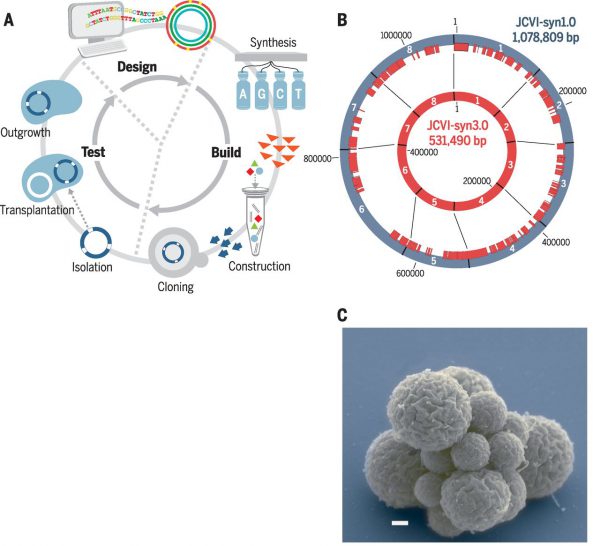
Mon, 2016/03/28
Wed, 2016/03/23
Wed, 2016/03/16
Chromatin immunoprecipitation (ChIP): For DNA Binding Proteins and DNA Binding Sites Analysis
Fri, 2016/03/11
Protein Crystallography: From Protein Structure to Protein Function
Mon, 2016/02/22
What’s “Mini Brain”? Can It Replace Experimental Animal?
Mon, 2016/02/01
Lack of Certain Transcription Factors May Promote Blood Vessel Growth
Fri, 2016/01/15
Noteworthy Technology in 2016: Protein Labeling in Cells
Thu, 2015/12/10
Pigeons that Can Distinguish Cancer Image
